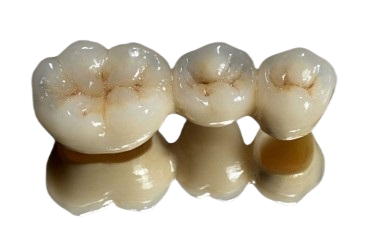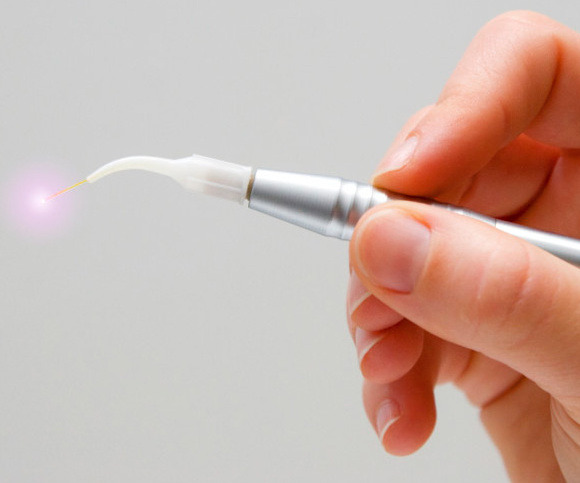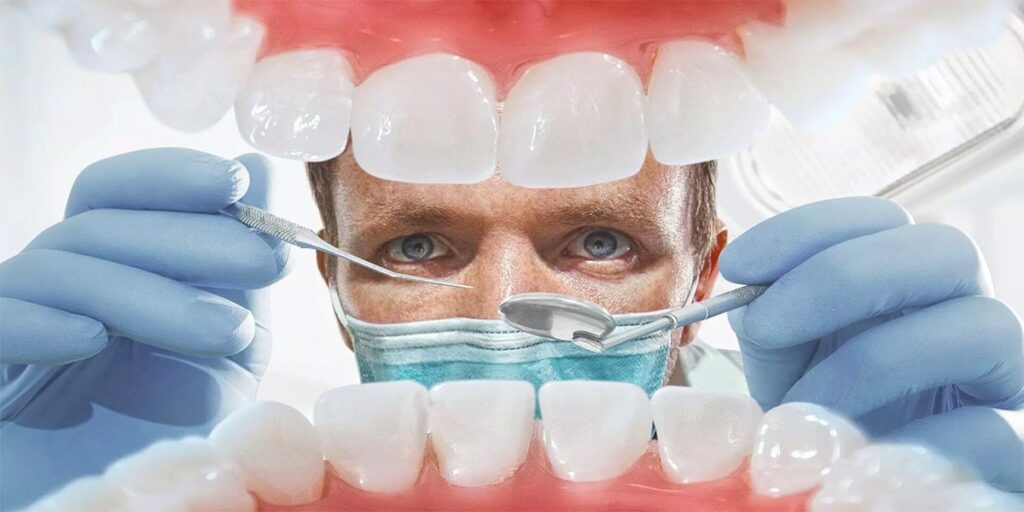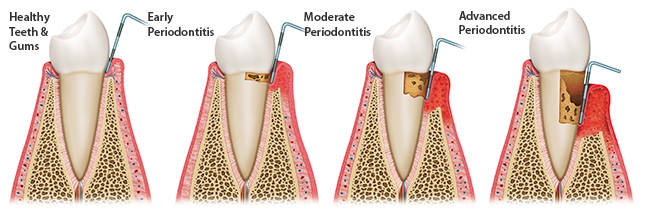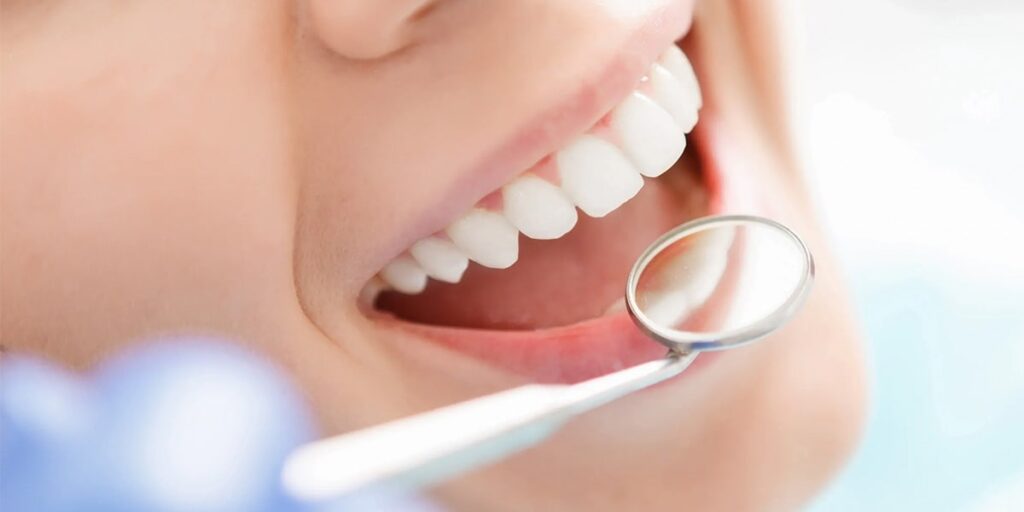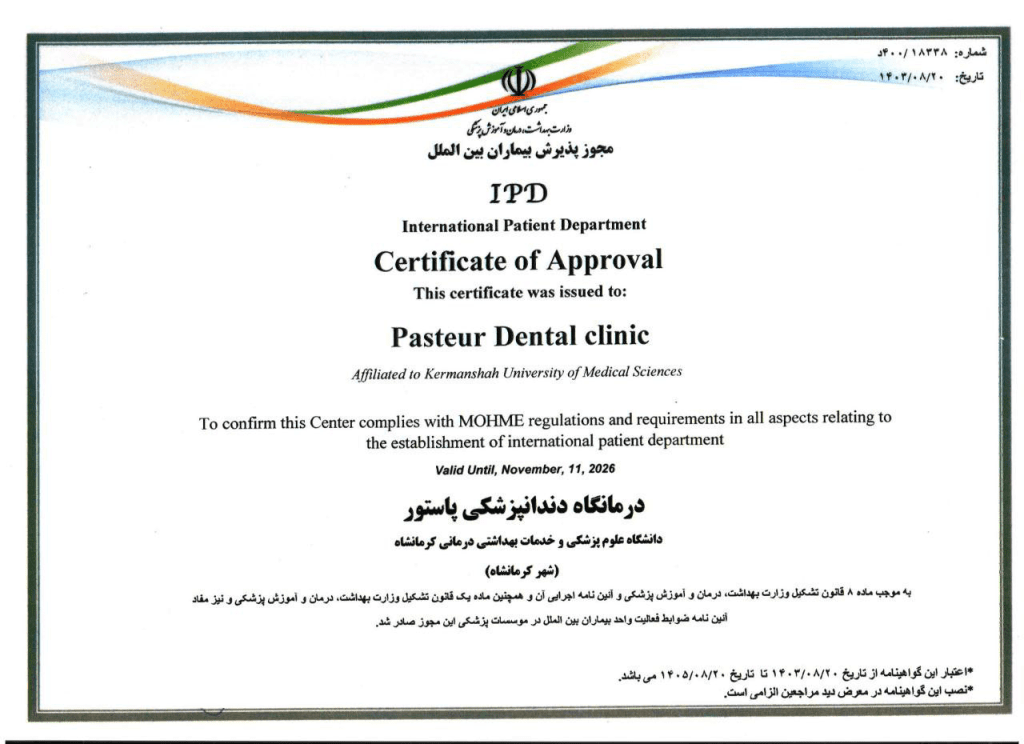
Dental prosthetics, or prosthodontics, is dedicated to the restoration and replacement of teeth and structural components of the mouth that have been compromised due to damage, disease, or tooth loss. This branch encompasses the design, fabrication, and fitting of prostheses that aid in restoring natural function and the aesthetic appearance of the smile.
Dental prostheses can be broadly classified into two categories:
- Removable prostheses: This type of prosthesis includes complete and partial dentures that the patient can easily take out of their mouth. Complete dentures are designed for individuals who have lost all of their teeth and rely on the surrounding gums and jawbone for support. Partial dentures are for patients who still have some of their natural teeth; these prostheses are attached to the remaining teeth using clips or special connectors.
- Fixed prostheses: This type of prosthesis is permanently placed in the mouth and cannot be easily removed. Types of fixed prostheses include crowns, bridges, and implants. Crowns and bridges are made from durable materials compatible with oral tissues and are used to strengthen or restore damaged teeth and edentulous areas. Dental implants, on the other hand, are artificial titanium roots that are placed within the jawbone, providing a stable foundation for dental prostheses or fixed crowns.
Dental prostheses, in addition to restoring chewing and speech functions, help prevent structural changes in the jawbone and the movement of adjacent teeth. These treatments can also support surrounding tissues and enhance the aesthetics of the smile, contributing to the preservation of facial structure and increasing the individual's self-confidence. The materials used in prostheses often include ceramics, biocompatible metals, and composite resins, which are suitable for long-term prosthesis fabrication due to their strength and natural appearance.

